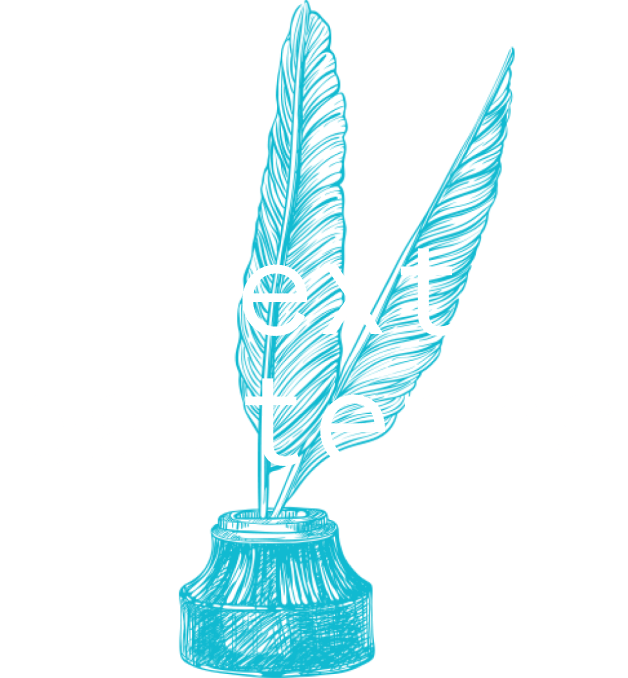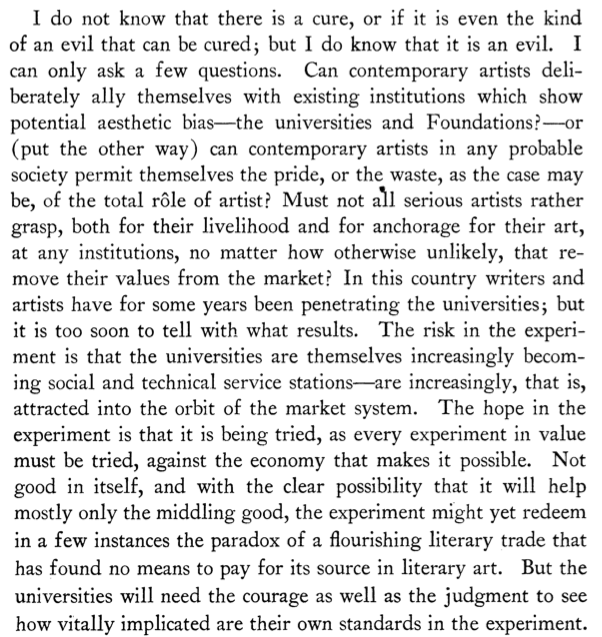October 6, 2014
never mind (for now)
It seems that my thoughts on the issues raised in the previous two posts are expanding, like No-Face in Spirited Away, into something significantly larger than I can manage here. So you will hear more from me on these matters, but probably not in this format.



